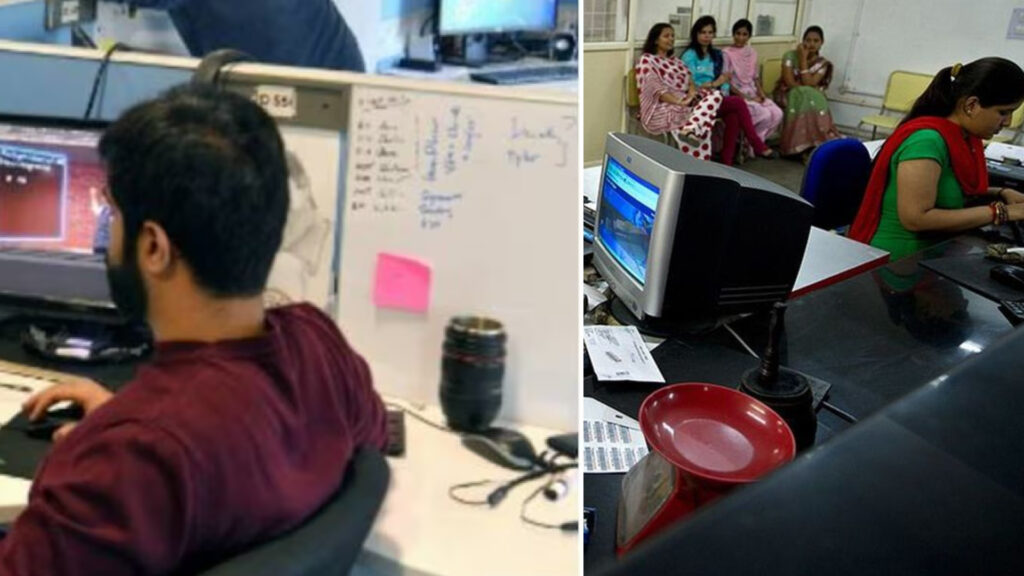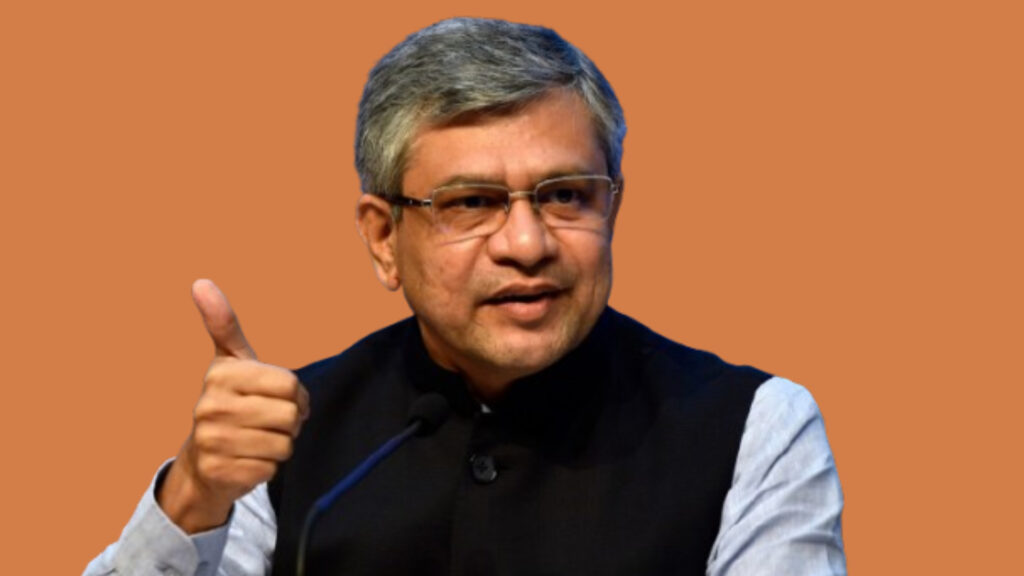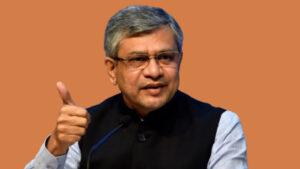Indian Self-Fund Learning Initiatives
Around 46% of Indian professionals self-fund learning initiatives, reveals the recent TeamLease Edtech report, shedding light on an evolving and impactful trend in India’s workforce. This statistic not only highlights a growing determination among professionals to invest in their own skill development but also signals a critical gap in employer-sponsored upskilling programs. In today’s fast-changing professional landscape, this phenomenon marks a transformative shift in how Indian employees view continuous learning, career growth, and job security.
Why Are Indian Professionals Self-Funding Their Learning?
It may seem surprising that nearly half of Indian professionals Indian Self-Fund Learning Initiatives invest from their own pockets to upgrade skills. However, the driving forces are complex and deeply rooted in the current socio-economic and corporate realities.
According to the TeamLease Edtech report, only 23.9% of employers offer full sponsorship for upskilling. Despite this, a significant 84% of professionals engaged in some form of learning over the past year, with many choosing to finance it independently. This discrepancy underscores:
- The ambition of professionals to stay relevant in a competitive job market.
- The growing inadequacy of employer-led training programs, often limited by lack of budget or strategic vision.
- The evolving mindset that personal development is a lifelong obligation, not just an optional perk provided by companies.
In a context where technological disruptions reshape industries overnight, employees cannot afford to wait for organizational sponsorship. They are taking control of their career trajectories.
Insights From the Report: What the Numbers Tell Us
The TeamLease report is based on an extensive survey of over 14,000 professionals across industries and functions. Here are some compelling figures:
- 46% of professionals self-funded their most recent learning initiative.
- 84% engaged in upskilling activities in the past year.
- 64% noticed a positive impact of upskilling on their performance appraisals.
- 42% gained promotions, salary hikes, or enhanced roles within 18 months post-upskilling.
- 40% strategically timed their learning close to appraisal cycles to maximize visibility and impact.
These numbers illustrate a direct link between Indian Self-Fund Learning Initiatives learning efforts and tangible career benefits, proving that investment in knowledge can yield immediate professional returns.

Deconstructing the Self-Funding Phenomenon
What does self-funding mean for Indian professionals on a practical level? It implies financial, time, and emotional commitment beyond regular job responsibilities.
Financially, self-funded individuals commonly incur expenses on programs, certifications, workshops, and online courses that can range from a few thousand to lakhs of rupees. This demonstrates a significant personal investment in future career security.
From a time perspective, these professionals balance work, family, and study, often learning during nights or weekends. This dedication shows an admirable level of discipline and foresight.
Emotionally, deciding to self-invest entails confidence in one’s own potential and a willingness to shoulder the risk of uncertain returns. Yet, the report shows most find these risks worthwhile.
Indian Professionals Boldly Self-Fund Learning Initiatives: Why Employers Aren’t Fully Supporting Upskilling
While 23.9% employer sponsorship is low, it reflects deeper structural issues in Indian organizations:
- Cost constraints: Many companies, especially SMEs, lack the budget to sponsor large-scale employee development programs.
- Short-term outlook: Organizations often prioritize quarterly results over long-term employee growth.
- Lack of structured upskilling pathways: Many firms do not have clear, strategic frameworks linking learning initiatives with performance and career progression.
- Unawareness or underestimation: Some employers fail to recognize the ROI of investing in human capital systematically.
Therefore, professionals responding by Indian Professionals Boldly Indian Professionals Boldly Self-Fund Learning Initiatives Self-Fund Learning Initiatives clearly indicate a disconnect between corporate offerings and employee aspirations.
You might also like: Actress Sneha Shares Diet Secrets
Sector-Specific Trends in Self-Funding Learning
The report also highlights distinct patterns based on industry verticals and roles.
- Technology and Finance: Over 78% of professionals in these areas self-fund learning, often in advanced certifications and specialized courses.
- Sales and Marketing: 80% prefer quicker, cost-effective formats like short-term certifications or online tutorials, enabling immediate on-the-job application.
- Cross-Industry Learning: Professionals increasingly seek Indian Self-Fund Learning Initiatives hybrid models combining formal and informal learning to stay agile.
This diversity shows that self-funding approaches are tailored, pragmatic, and adapted to the unique demands of each career path.
You might also like:
The Impact of Self-Funded Upskilling on Career Progression
The most compelling part of the report might be how upskilling correlates with career advancement.
Performance Appraisals and Recognition
Over 64% of surveyed professionals reported that upskilling positively Indian Self-Fund Learning Initiatives influenced their performance reviews. This suggests:
- A clear improvement in skill application Indian Self-Fund Learning Initiatives and productivity.
- Greater visibility among managers.
- Increased responsibilities and leadership opportunities.
Promotions, Salary Hikes, and Role Enhancements
Within 18 months of completing Indian Self-Fund Learning Initiatives learning initiatives, 42% witnessed significant career gains. This is a powerful testament to the tangible benefits of self-funded learning, breaking the myth that career Indian Self-Fund Learning Initiatives growth can only be attained through internal company programs.
Strategies Professionals Use to Maximize Learning Impact
Timing of learning has emerged as a critical factor. More than 40% of professionals deliberately pursue courses and certifications close to appraisal cycles. Why? Because:
- They understand that freshly acquired skills are more visible in performance conversations.
- They can immediately demonstrate new competencies in projects and tasks.
- The learning creates a compelling narrative for their career progression request.
This strategic approach highlights that self-funded upskillers are not just passive learners; they actively plan and position their learning for career leverage.
What Organizations Should Take Away From This Trend
The current scenario is a wake-up call for employers to rethink their learning and development strategies.
- Invest in Structured Upskilling: Organizations must develop long-term, well-aligned upskilling frameworks integrated with appraisal and promotion cycles.
- Encourage a Growth Culture: Employers should foster environments where continuous learning is championed and incentivized.
- Offer Flexible Learning Options: Given the preference for short-term, just-in-time learning, companies should provide modular programs accessible anytime.
- Provide Partial Sponsorships or Subsidies: Even partial financial support can motivate more employees to engage in relevant learning without bearing the full cost.
Failing to address these factors risks employee Indian Self-Fund Learning Initiatives disengagement and loss of talent to more employee-centric companies.
The Personal Journey Behind Self-Funding: Real Stories
Behind every statistic lies a story of ambition, challenges, and resilience. Consider Anjali, a mid-level marketing manager from Bangalore, who self-funded a digital marketing certification despite tight finances. Her rationale: “Learning was not an option but a necessity. I wanted to stay relevant and grow.” Within a year, Anjali secured a promotion, crediting her new skills for her enhanced role.
Similarly, Rohit, a software engineer from Hyderabad, invested in a niche cloud computing course out of his own pocket. Though initially uncertain about employer support, his initiative led to better projects and a salary hike within 15 months.
These personal journeys reflect a broader motive shared by millions of Indian professionals — Indian Self-Fund Learning Initiatives determination to own their growth story.
Looking Forward: What Does the Future Hold?
The landscape of professional development in India is undergoing rapid evolution.
- With rising digitization, access to affordable online courses continues to grow.
- AI-driven personalized learning tools are making skill acquisition more efficient and engaging.
- Employers are increasingly realizing the importance of upskilling as a strategic investment and are slowly increasing support.
Nonetheless, the core message is clear — around 46% of Indian self-fund learning initiatives because they see it as indispensable for future-proofing their careers.
Empowerment Through Self-Funded Learning
The TeamLease Edtech report reveals more than just a statistic — it shines a Indian Professionals Boldly Self-Fund Learning Initiatives spotlight on a growing movement of self-reliant professionals rewriting India’s learning narrative.
By choosing to invest in themselves, these individuals are Indian Professionals Boldly Self-Fund Learning Initiatives not only Indian Professionals Boldly Self-Fund Learning Initiatives enhancing their skills but also challenging organizations to rethink how they support employee growth. This shift has created a dynamic ecosystem where personal ambition and professional responsibility converge.
For Indian professionals considering whether to self-fund their learning initiatives, the evidence is optimistic:
- Self-funded upskilling leads to improved performance appraisals, new roles, and salary hikes.
- Strategically timed learning maximizes career benefits.
- Personal investment brings confidence, autonomy, and skill mastery
Check out more at: The Economic Times












